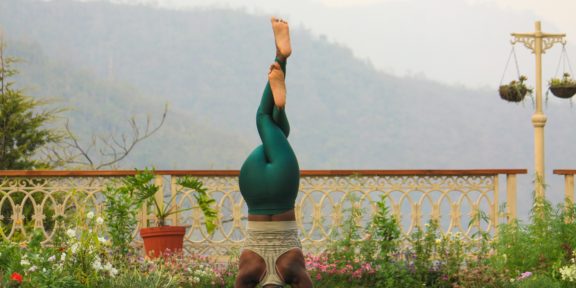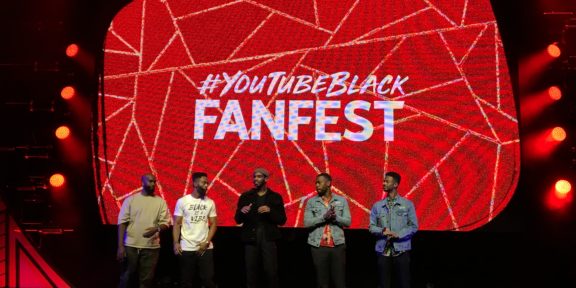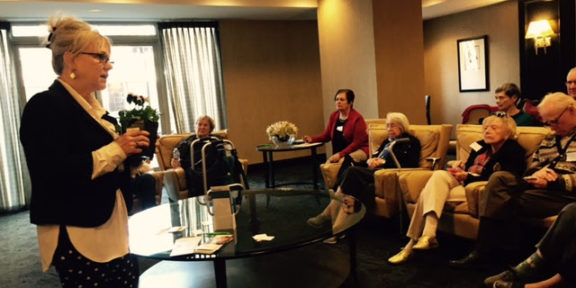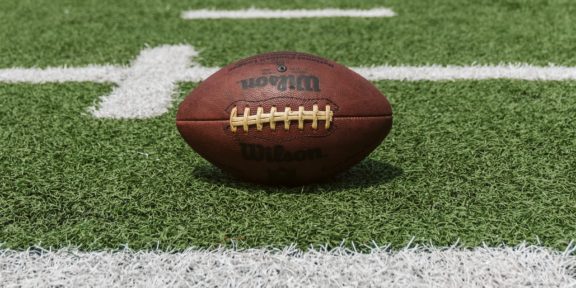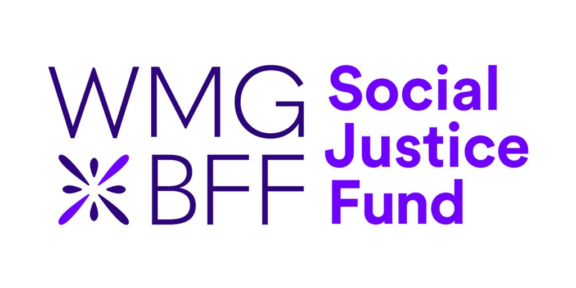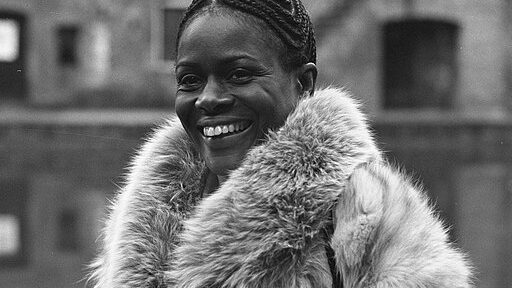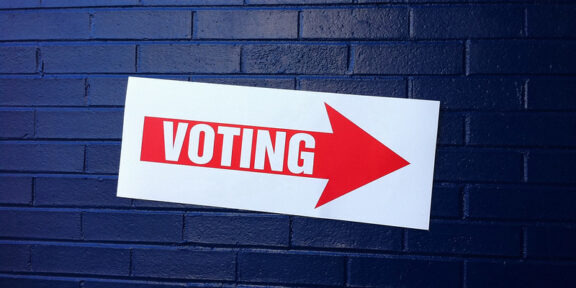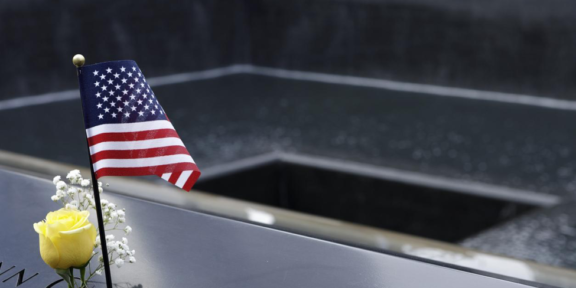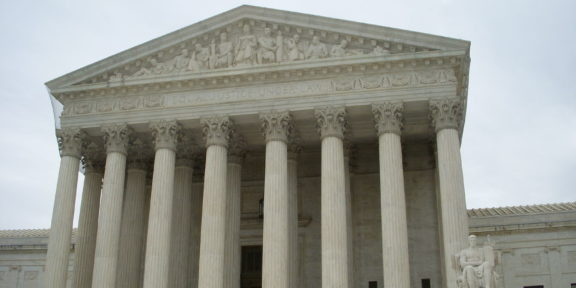Greer Jackson, Howard University News Service
As COVID-19 vaccinations continue to roll out across the country, there has been heightened discourse surrounding hesitancy in the African American community to get the vaccine.
A recent article in the Social Science and Medicine journal found that 41 percent of Black people are more likely to not pursue vaccination. Reasons for this include concerns about safety, effectiveness, and lack of insurance. However, one of the largest deterrents is the history of African Americans being medically mistreated.
This hesitancy is not new, and it is certainly not without justification. To see why, one need look no further than Henrietta Lacks, an African American woman whose cells were cultured without permission after she was diagnosed with terminal cervical cancer; or the Tuskegee Syphilis Study, where researchers told African American men in the rural south that they were being treated for ‘bad blood’ when in reality, they were being used to study the full progression of syphilis. The men never received proper treatment.
“I think things like the Tuskegee Experiment are very fresh in the minds of Black Americans, as not a very old branch off an aged tree of assaults on the lives of Black people in this country,” said political commentator Jonathan Harris, in an interview.
For the past few months, medical professionals and individuals with public influence have been attempting to build trust in the Black community. In a public service announcement , Howard University President Dr. Wayne A.I Frederick reiterated the vaccine’s effectiveness.
“The vaccines that are coming to market have been proven to be safe and more than 90% effective. However, we can’t get to the other side of this pandemic without you,” he said. “Over the next several months we need more than 80% of the US population to take the vaccine so that it can be effective.”
Celebrities have weighed in too. In his BET Special, “COVID-19 Vaccine and the Black Community: A Tyler Perry Special”, Perry asks doctors from Atlanta’s Grady Health System several questions about the science of the vaccine before receiving it himself.
Additionally, much media attention has been given to the fact that a Black scientist, Kizzmekia Corbett, was a key figure in the development of the vaccine. However, there’s only so much that optics can achieve – and many people are not convinced.
“Countless people choose regularly not to take the flu shot, for example,” said Harris. That is a choice they have a right to make. The government forcing us to inject things into our bodies feels a little dystopian.”
Whether the vaccine can be trusted given how quickly it was developed, and whether mRNA technology has been thoroughly tested, are some of the questions weighing in people’s minds. In a panel discussion hosted by the Cooperative Economic Empowerment Movement, Dr. Vincent Anthony tried to address some of these concerns.
“I understand the fear that it’s new science, but if you look at SARS-CoV-1, which happened 17 to 18 years ago, this vaccine was starting to be looked at then…It’s not as new as you think,” he said.
Anthony firmly believes that vaccination is vital, especially because of the lasting negative health repercussions that the virus could have.
“I just think it’s important based on what I’m seeing in the hospitals, because the long term effects on our community are going to be devastating if this disease lingers and prevents us from helping other conditions as well,” he said, referring to diseases like diabetes and hypertension, which African Americans have more than other populations per capita.
For some people like Cortez Washington, a Dillard University graduate, the decision to get vaccinated didn’t involve much hesitation.
“I have seen how hard it has impacted incarcerated individuals, plus I have lost friends and family to COVID,” said Washington, who is currently doing a fellowship working for the Department of Corrections. “We have seen and heard about the terrible things that the medical system does to our people, but this is something that is not just affecting us but everyone in the world. Plus, I want to see my family again. I haven’t been home in a year and I missed my grandmother’s funeral because of this – and she was my second mother,” he continued.
A KHN analysis of data from at least 16 states shows that in many cases, white residents are being vaccinated at rates two to three times higher than Black residents. In Mississippi, for example, where Black residents account for 38% of the population, only 15% have been vaccinated. While lack of access in minority communities has contributed to this, so has fear.
“There is a very reasonable trepidation from Black Americans, and I think if that is not understood, acknowledged, and factored in, there won’t be an adoption of this vaccine in the Black community in the way that experts hope…a vaccine that could very well save countless Black lives,” said Harris.


